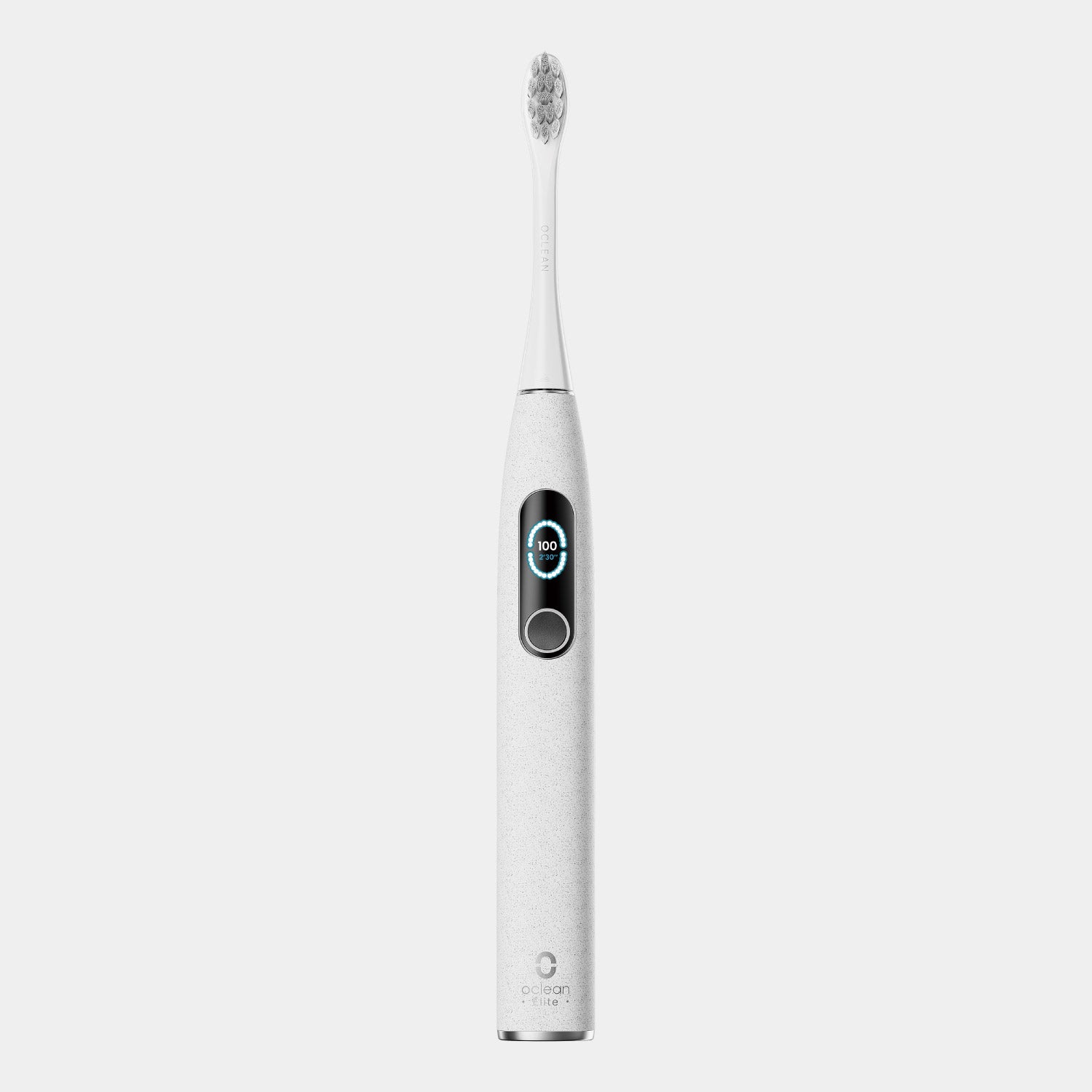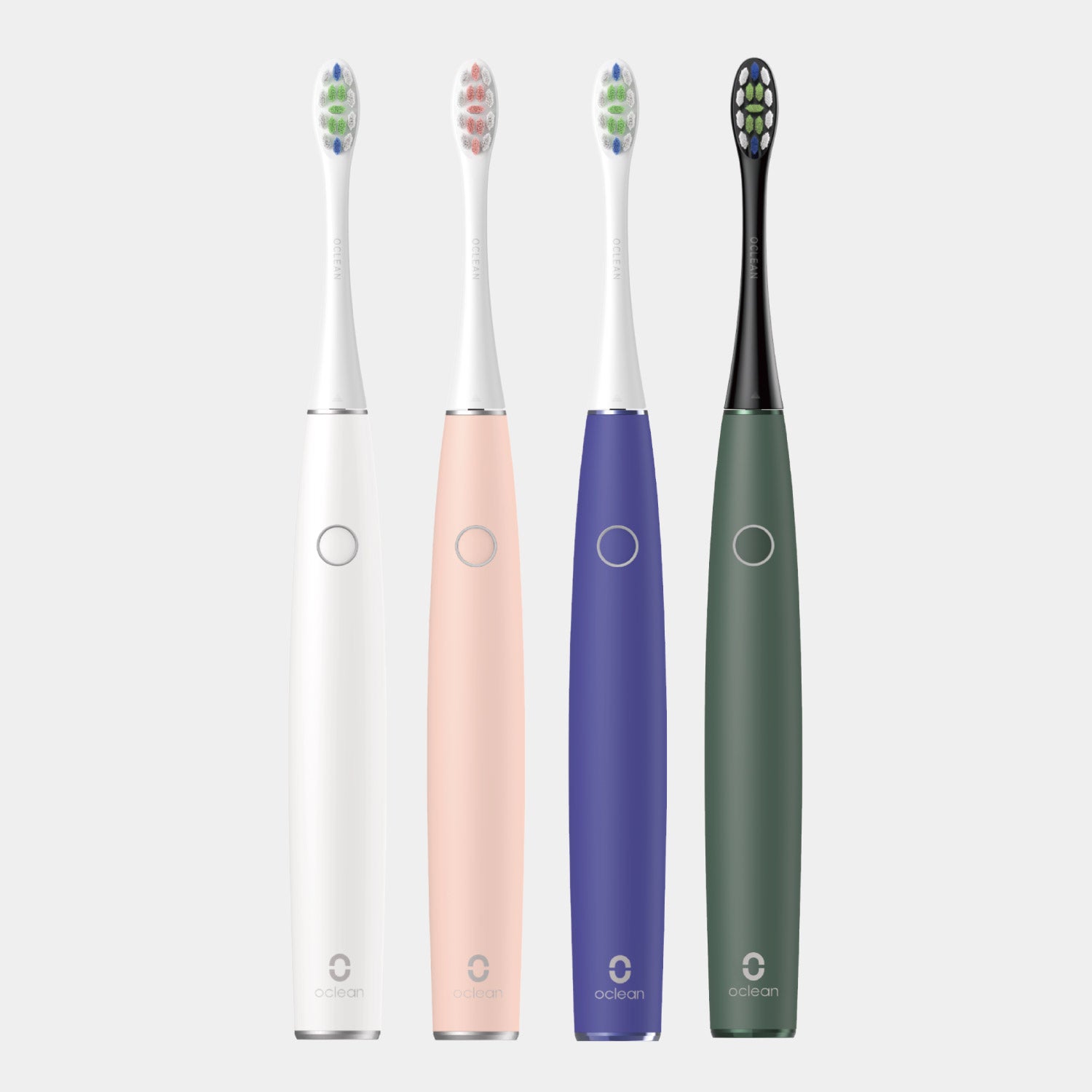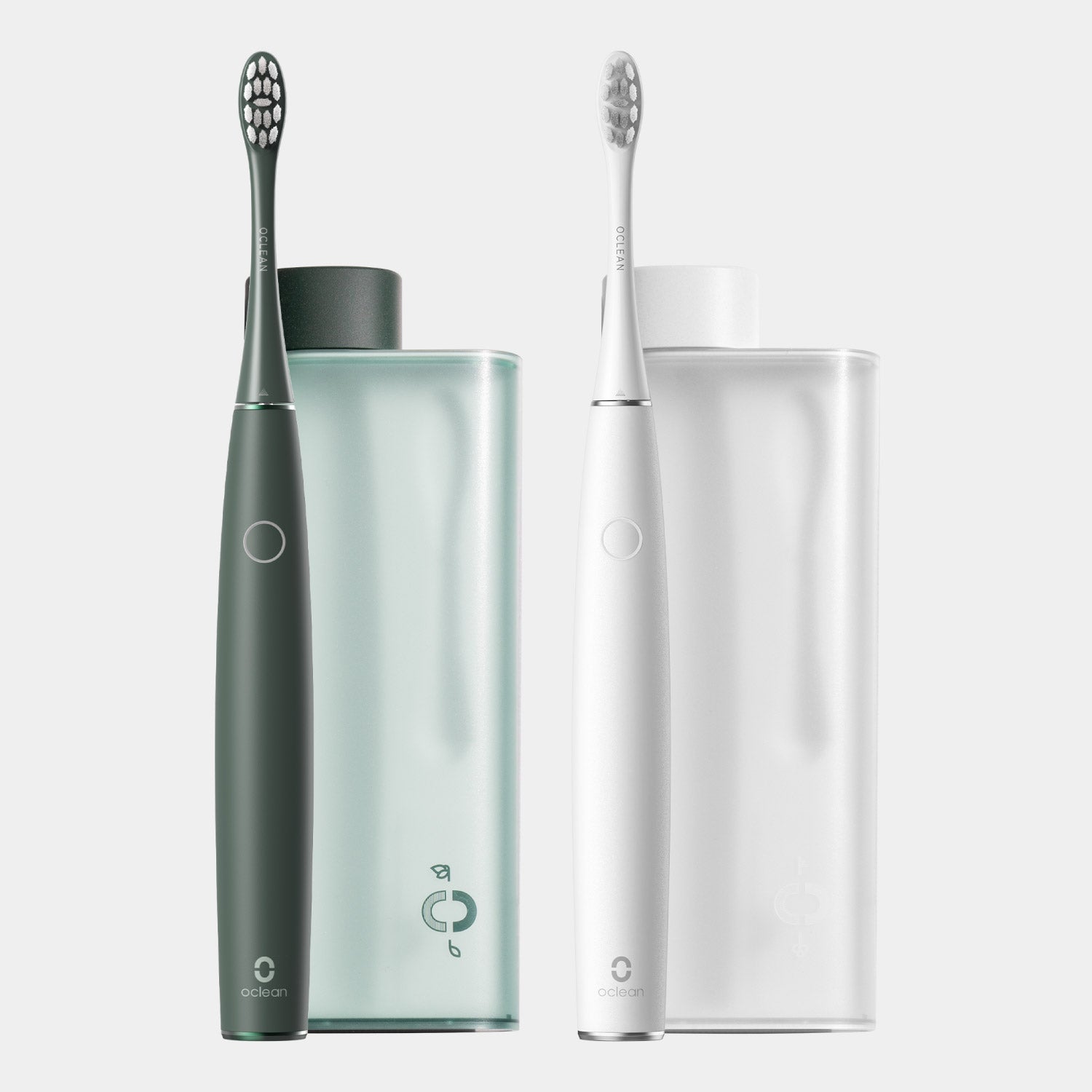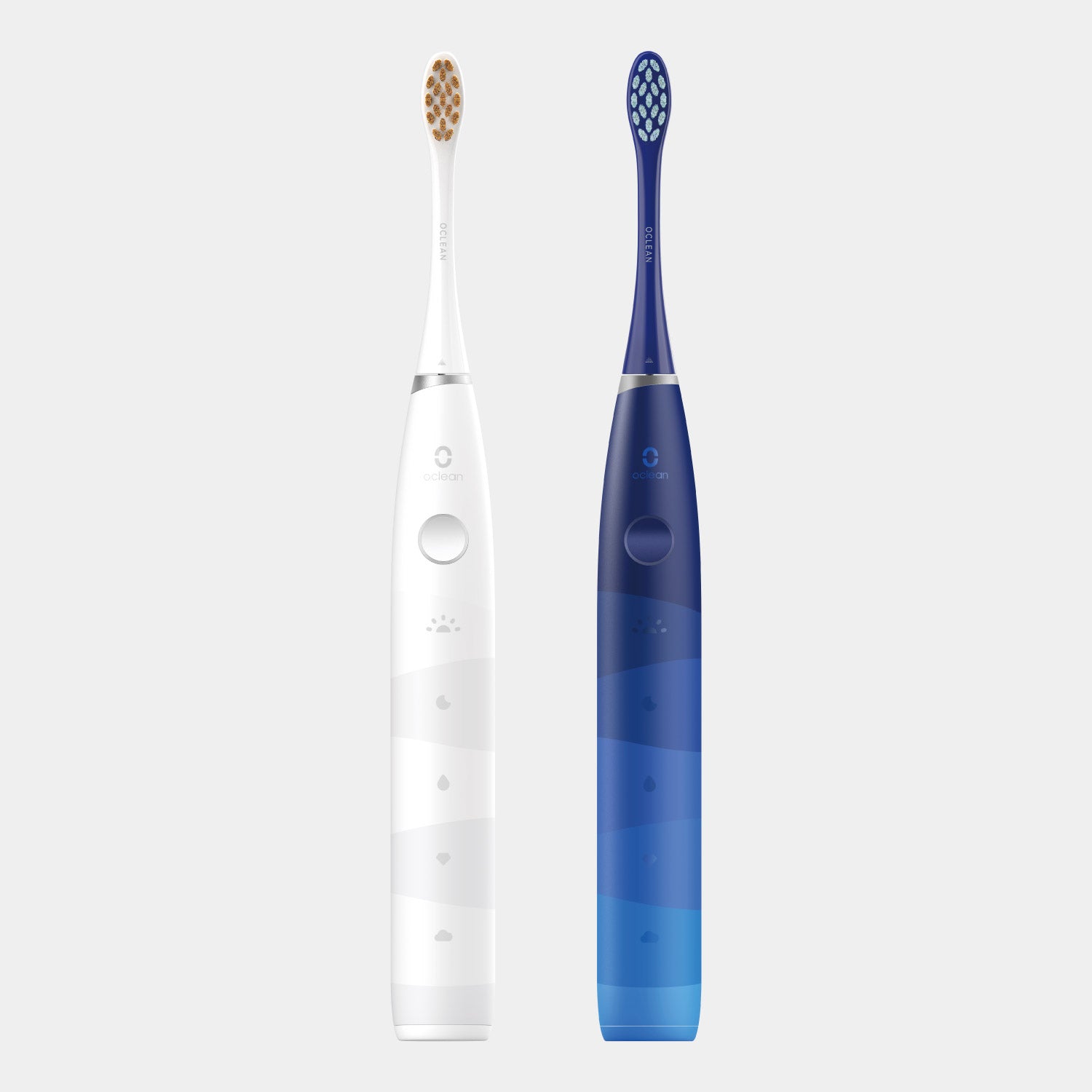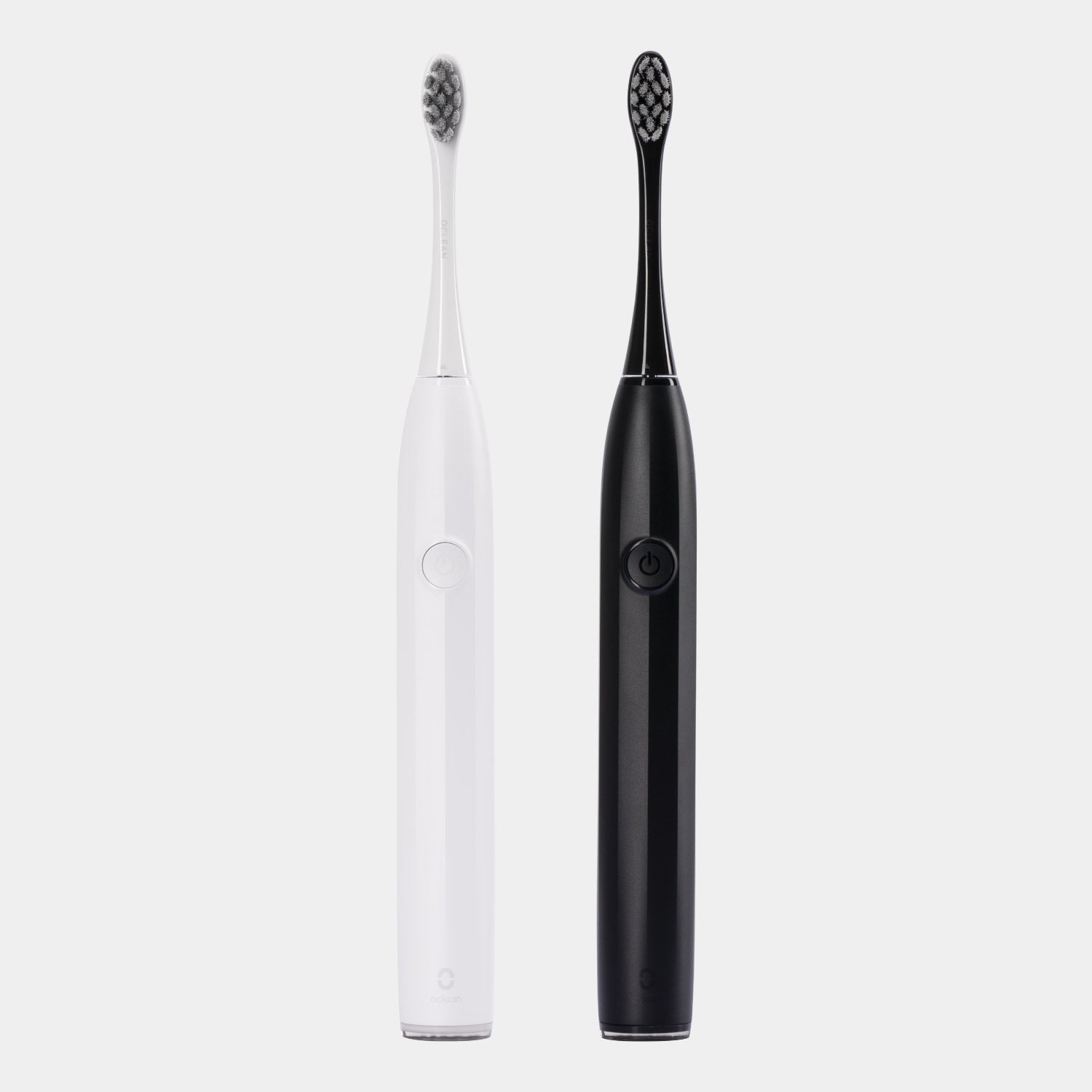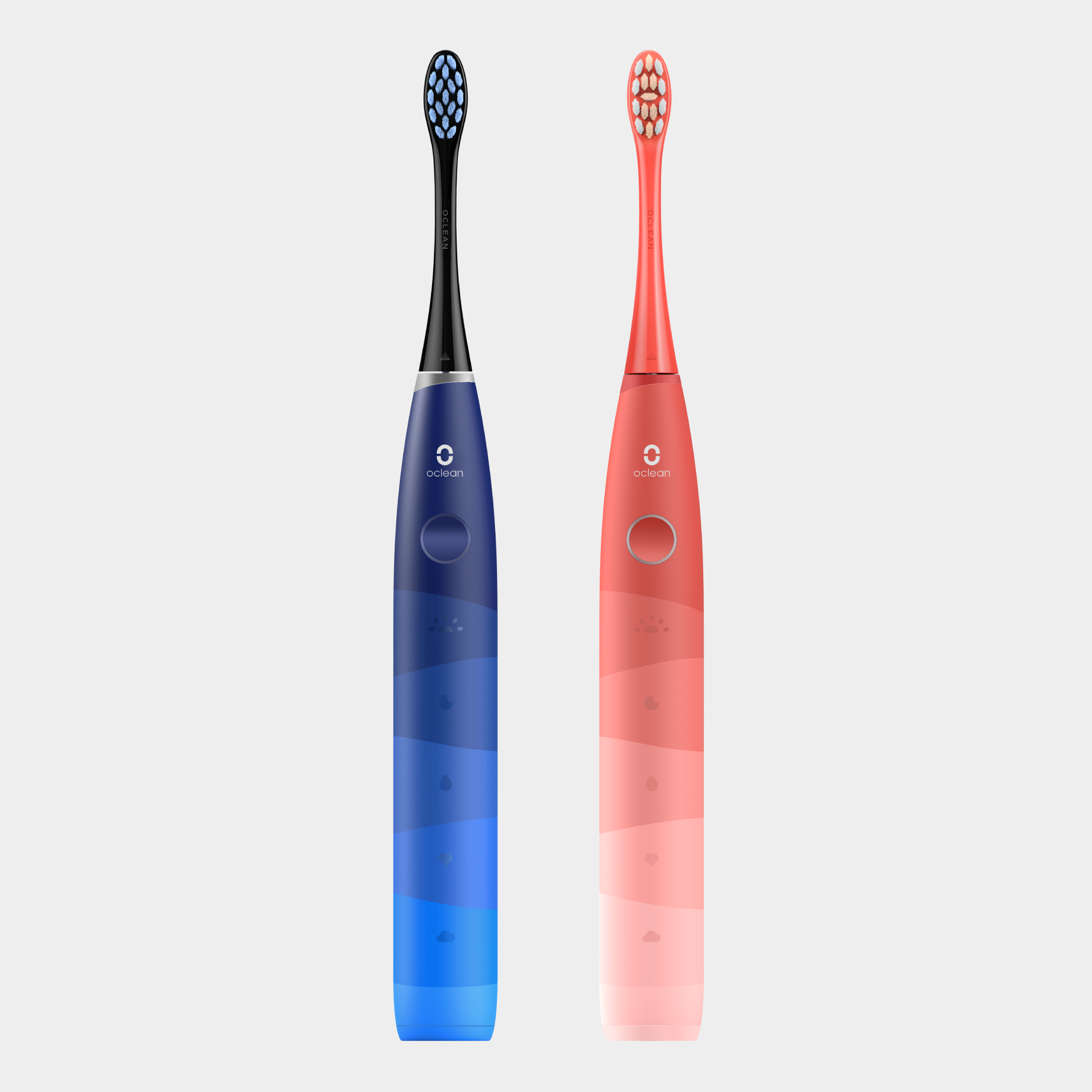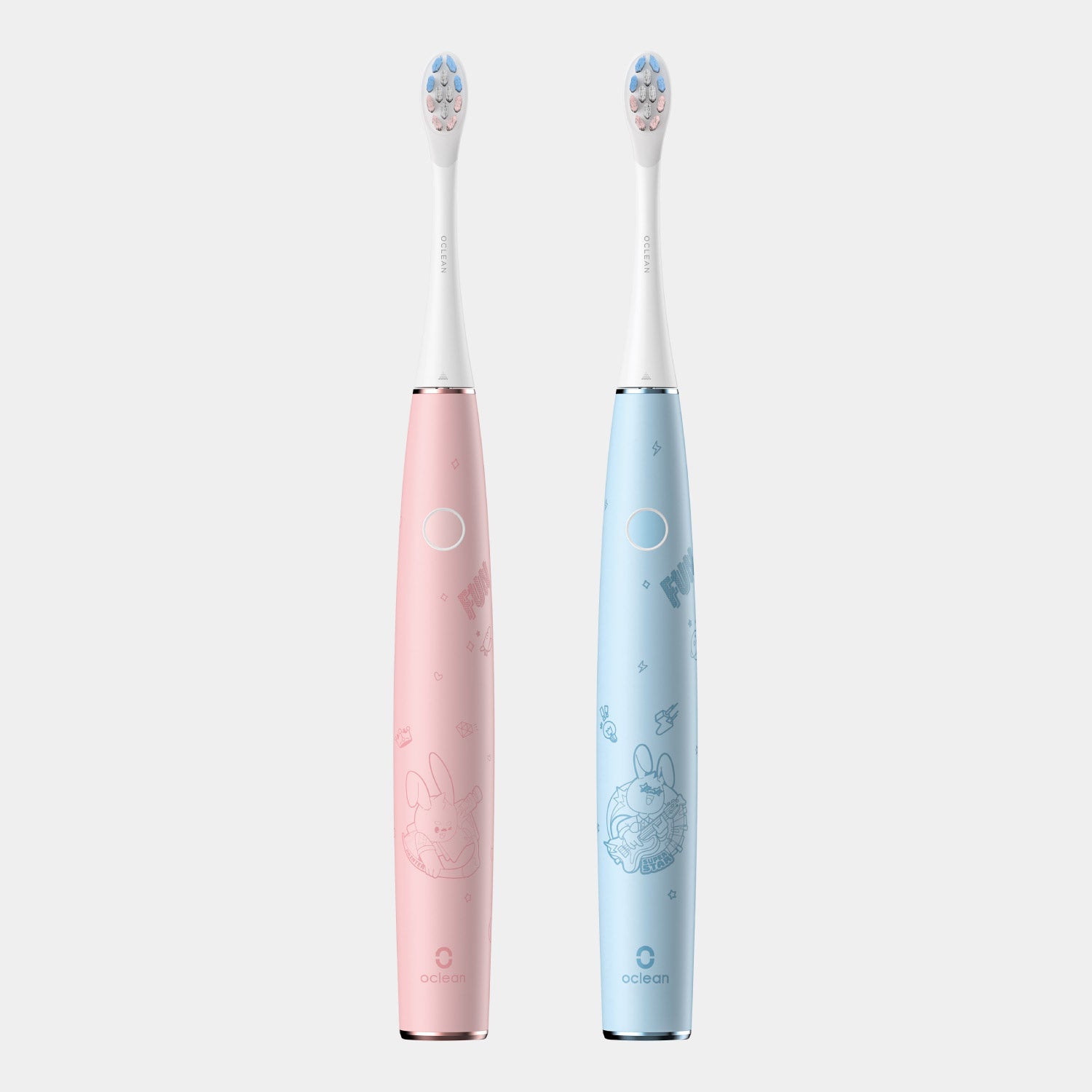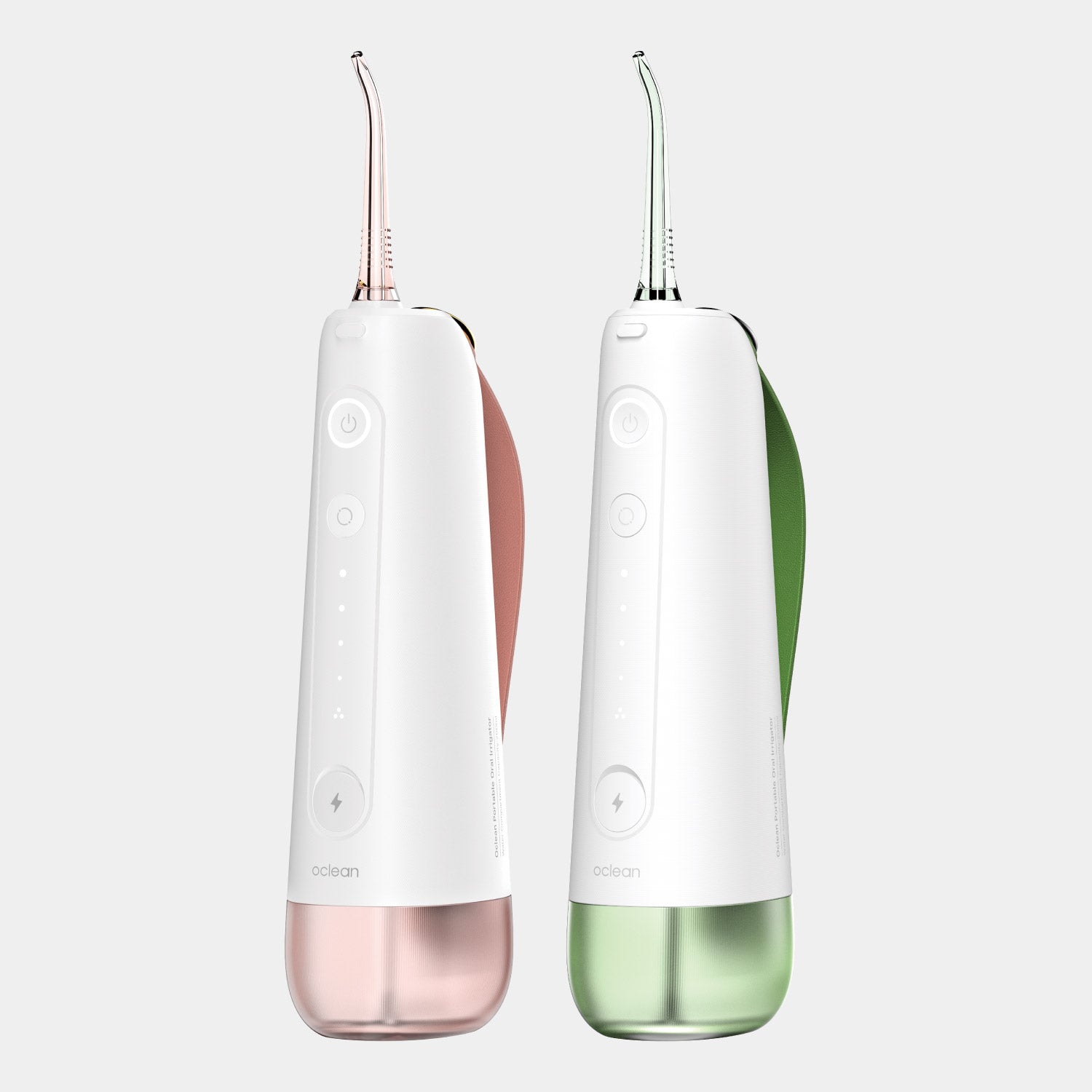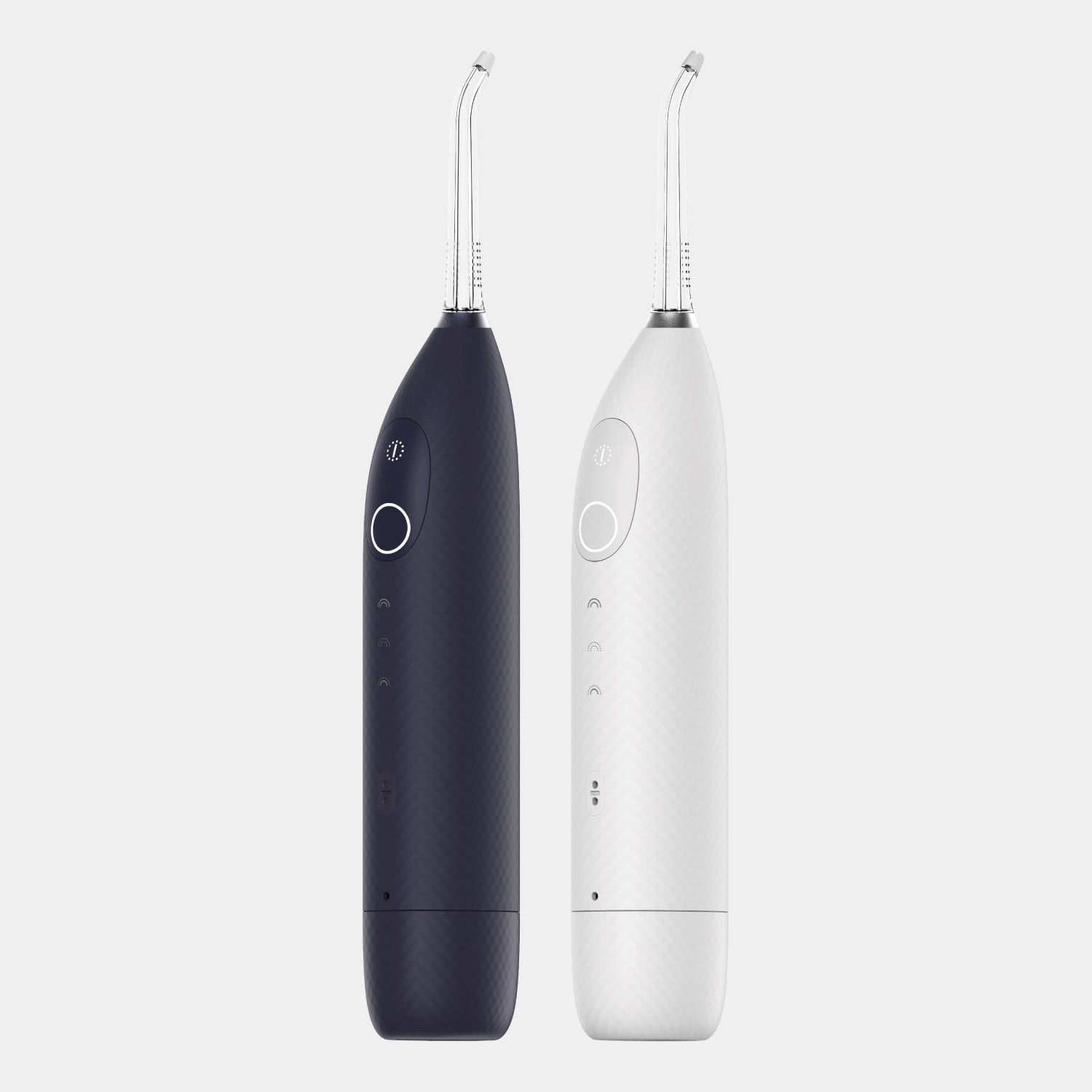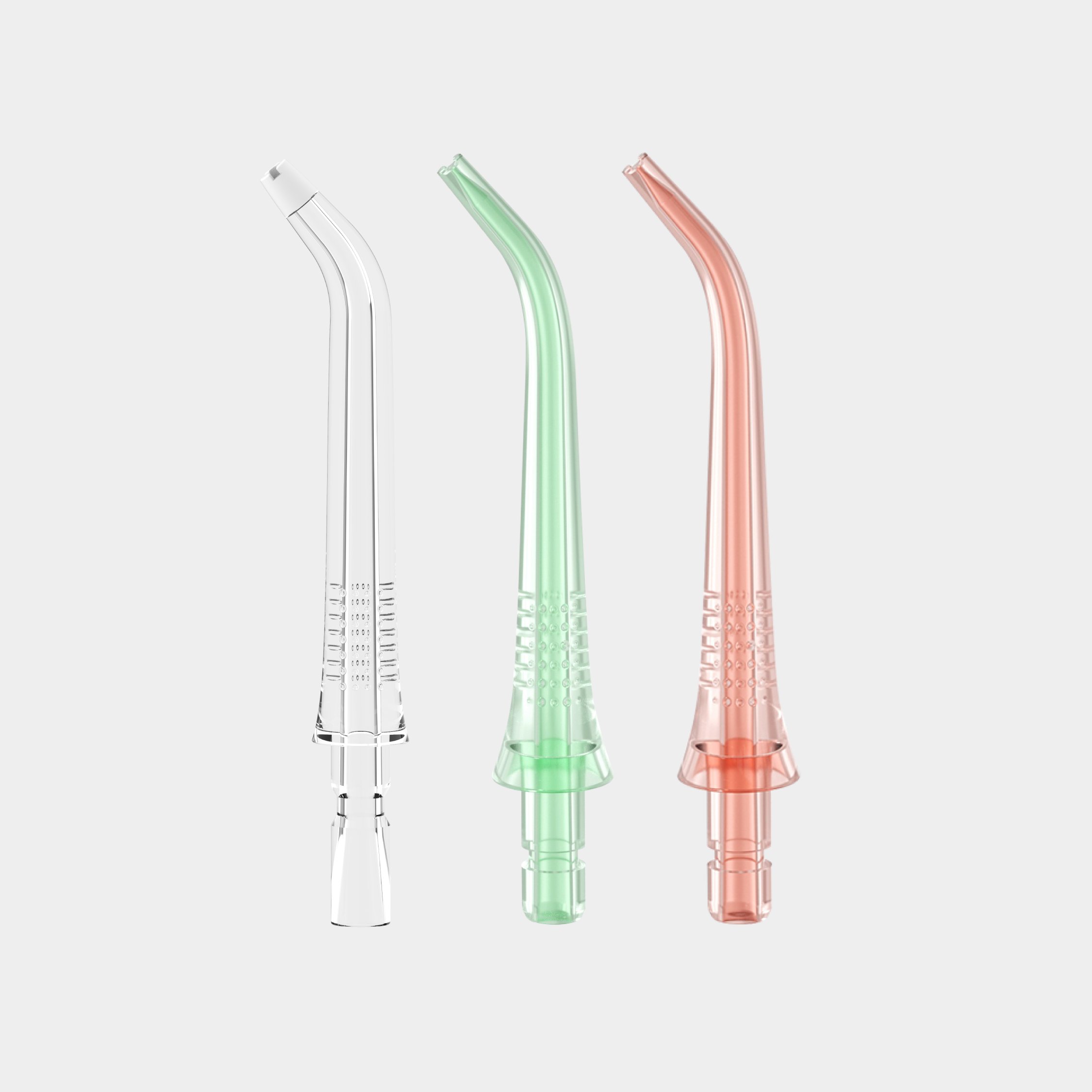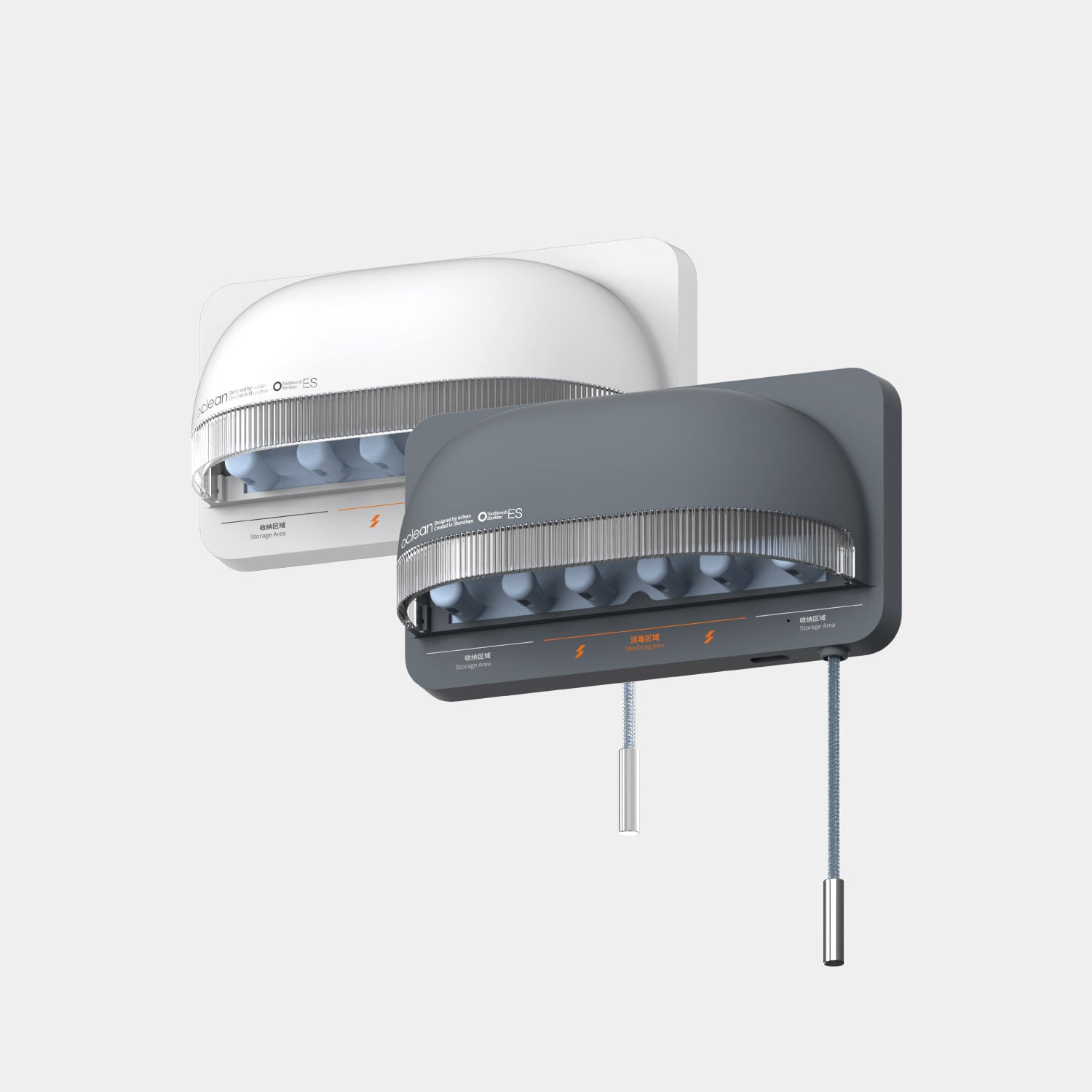Do you want to know about the tooth abscess? A tooth abscess can be a painful and serious condition, but with the knowledge of its root cause, symptoms, and the right treatment with natural as well as pharmaceutical products you can address it effectively. Let’s explore the best ways to drain a tooth abscess at home safely and naturally.

What is a Tooth Abscess?
A tooth abscess is a collection of pus around the tooth caused by a bacterial infection. When bacteria enter the dental pulp (the soft tissue inside the tooth) or gum tissues then the abscess occurs. As a response to this inappropriate bacterial infection, the body’s immune system fights against the infection, resulting in pain, discomfort, and swelling. Tooth abscess has two types as;
- A periapical abscess (at the tip of the root)
- Periodontal abscess (in the gums near the tooth root).

Common Causes
There are some common causes of tooth abscess.
- Bacterial Infection: Sometimes poor brushing habits along with unclean and poor quality brushes lead to untreated cavities or decay that allows bacteria to infiltrate the tooth pulp.
- Poor Oral Hygiene: Plaque accumulation due to irregular dental cleaning can also lead to decay and gum disease, increasing abscess risk.
- Dental Trauma: A cracked or chipped tooth gives way to bacteria in the gums or even the inner layers of the tooth.
- Gum Disease (Periodontitis): Highly developed gum disease can create pockets through which bacteria can lead to an abscess.
- Weakened Immune System: A poor immune system and some conditions like diabetes or the use of immunosuppressive drugs can increase vulnerability to infections.

Symptoms Indicating a Tooth Abscess
- Pain: Pain often moves from the tooth to the jaw, neck, or ear and worsens when lying down.
- Swelling: Visible swelling in the gums, jaw, face, or near the affected area.
- Sensitivity: Delicate sensitivity to hot or cold drinks and food.
- Red, Swollen Gums: The affected gum tissue of the tooth is often inflamed and tender.
- Fever: The body's immune response to the infection Indicates fever.
- Difficulty Opening the Mouth: Pain and swelling may create problems in speaking or eating
- Enlarged Lymph Nodes: A swollen jaw or neck may occur as the body fights off the infection.

Is it important to address an abscess promptly?
Addressing a tooth abscess on time is crucial for oral and overall health. If it isn’t addressed promptly the complications may increase. The infection may spread to other parts of the body creating more issues.
Step-by-Step Guide: How to Drain a Tooth Abscess at Home Safely
1. Gather Necessary items
Firstly, you may need disposable gloves for hygienic handling during any cleaning or dressing process., warm salt water for rinsing the mouth and to reduce bacteria, antiseptic mouth wash helps to disinfect the area, sterile cotton swabs to clean small areas, ice packs to reduce swelling to and pain when placed outside of the cheek., clean gauze for absorbing pus if the abscess drains, pain relievers over-the-counter options like ibuprofen.

2. Start with Pain and Swelling Management
Apply a cold compress of ice packs for 15 -20 minutes with gaps. This will help reduce pain and swelling also. Then use painkillers like ibuprofen etc with a dosage labeled on it.
3. Rinse with Antiseptic Solutions
A saltwater solution may help in the reduction of inflammation and bacterial growth. To make the solution add ½ teaspoon of table salt to a cup of warm water(not too hot) and mix it well. Now, take some sips of this solution, swish it in the mouth especially focusing on the affected area for 30 sec, and spit it out don’t swallow. When this solution is spitted out, creates an environment, unfavorable for bacterial growth.

4. Applying Warm Compress
Applying warmth to a tooth abscess aid to promote natural drainage
Heat improves the circulation of blood to the area affected, this circulation of blood boosts the response by bringing white blood cells and nutrients that aid in fighting the infection. Due to this, blood flow can also help in the reduction of inflammation.
A warm compress can assist in soothing the area followed by reducing the pain and swelling.
Warmth helps to soften the tissue around the abscess, and helps out with the drainage of the pus. This can reduce the pain and pressure linked with the buildup of pus

5. Create a Safe Environment for Drainage
Bacteria or dirt that enter into the abscess area could deteriorate the infection or spread it to other parts of the body. Sterilizing ensures the reduction in the risk of bacterial infections and allows only helpful bacteria (the body's natural flora) to assist in healing,
6. Steps for Sterilization:
- Wash your hands thoroughly with soap and water.
- Around the abscess, clean the area with a mild antiseptic, such as hydrogen peroxide, or an antiseptic mouthwash like chlorhexidine.
- If using any tools (e.g., cotton swabs), make sure they are sterile, either by using fresh, unopened packaging.
Dental Abscess Home Treatment: Complementary Practices
Using Home Remedies for a Tooth Abscess
While waiting for proper medications and dental appointments. You can apply various home remedies to alleviate pain and swelling. But, before that keep in mind these methods are not long-lasting and can’t treat the abscess properly.
1. Garlic: Natural Antibacterial Properties
Garlic contains a compound called allicin, which has powerful antibacterial and anti-inflammatory effects. This can help reduce infection and inflammation at the affected area.

How to Use:
- Crush a fresh garlic clove using a mortar and pestle.
- Add a few drops of water to release its allicin.
- Apply the crushed garlic directly to the affected area for 5–10 minutes.
- Rinse your mouth thoroughly with warm salt water afterward.
Benefits:
- Helps to reduce bacterial infection at the affected site.
- Lowers inflammation and provides mild pain relief.
2. Clove Oil: Pain Relief and Anti-Inflammatory Benefits
Clove oil contains eugenol, which acts as a natural anesthetic and anti-inflammatory agent. It is commonly used to treat toothaches and gum inflammation.
How to Use:
- Dip a sterile cotton swab into clove oil.
- Gently apply it to the affected tooth or gum area.
- Leave it on for a few minutes, then rinse with warm water.
Benefits:
- Provides pain relief and soothes inflamed tissues.
- Inhibits bacterial growth in the mouth.
3. Thyme Oil: Antibacterial and Analgesic Properties
Thyme oil has both analgesic (pain-relieving) and antibacterial properties. It can help reduce pain and fight infection.

How to Use:
- Apply a few drops of thyme oil directly to the affected area.
- Leave it on for a few minutes for maximum effect.
Benefits:
- Reduces pain and discomfort.
- Helps in the growth of healthy bacteria and combats harmful bacteria.
4. Aloe Vera Gel: Helps with Pus-Related Infections
Aloe vera pulp has soothing properties and can be beneficial for pus-related infections, making it effective for tooth abscesses.
How to Use:
- Extract the gel from an aloe vera leaf.
- Apply the gel directly to the affected area.
- Leave it on for 20 minutesbefore spitting it out.
Note: People with diabetes should use aloe vera with caution.
Benefits:
- Soothes the infected area and reduces inflammation.
5. Cold Packs: Reduce Pain and Swelling
Applying ice packs or cold compresses to the affected area can help reduce swelling and provide relief from pain.

How to Use:
- Wrap an ice pack or a bag of frozen peas in a cloth.
- Apply it to the outside of your cheek near the abscess for 15-20 minutes.
- Repeat this a few times a day to reduce swelling and numb the pain.
Benefits:
- Helps reduce swelling, redness, and pain associated with the abscess.
6. Salt Water Rinse: Cleanse and Relieve Discomfort
A salt water rinse is an easy and effective way to help cleanse the affected area and relieve discomfort caused by the abscess.
How to Use:
- Mix half a teaspoon of salt(sodium chloride) in 250 ml of warm water.
- Swish the saltwater solution around your mouth for 30 seconds, making sure to cover the affected area.
- Repeat this rinse 3-6 times a dayfor best results.
Benefits:
- Helps to disinfect the mouth and reduce swelling.
7. Medications for Pain Relief
Over-the-counter pain relievers like Tylenol or Paracetamol can help alleviate discomfort. Non-steroidal anti-inflammatory drugs (NSAIDs), such as ibuprofen, may also provide relief by reducing pain and inflammation. However, it’s important to consult a healthcare professional before using these medications, especially if you have other health conditions.

These home remedies are not a permanent solution for a tooth abscess. A dental professional must assess the infection and provide appropriate treatment, such as draining the abscess or prescribing antibiotics. Always follow up with your dentist as soon as possible to prevent the infection from worsening.
When to Visit the Dentist for a Dental Abscess
If you suspect you have a dental abscess or notice symptoms like swelling, pain, or fever, it is crucial to seek professional dental care as soon as possible. Trying to manage the abscess on your own with home remedies like saltwater rinses, warm compresses, or over-the-counter pain relievers may offer temporary relief, but it will not address the underlying infection. If symptoms persist or worsen, professional evaluation and treatment are necessary.
Signs You Need to Seek Professional Help Immediately:
Persistent or High Fever: A high fever can signal that the infection has spread beyond the abscess and may be affecting other areas of your body. This could lead to more serious complications, and immediate medical attention is required.
Worsening Swelling: If the swelling from the abscess begins to spread toward your neck, jaw, or other areas of your face, it indicates the infection may be worsening. This is a serious sign that the infection is advancing and could potentially lead to life-threatening issues.
No Improvement After Home Treatment: If you have tried home remedies but see no improvement, it may indicate that the infection is not being controlled. A dentist will need to assess the abscess and possibly drain it professionally to prevent the infection from spreading.

Professional Treatment Options
When you visit the dentist, they will thoroughly evaluate the condition of your abscess and recommend the most appropriate treatment, such as:
Root Canal Treatment: If the abscess is caused by an infection of the tooth pulp, your dentist may perform a root canal to remove the infected tissue and fill the tooth. This can help save the tooth and prevent further infection.
Antibiotics: In cases where the infection is severe or has spread, antibiotics may be prescribed to help control the infection. Your dentist will consider your medical history and the severity of the infection before making this recommendation.
Tooth Extraction: In some cases, if the infection is too advanced or if other treatments cannot resolve it, tooth extraction may be necessary. Removing the infected tooth helps prevent the infection from spreading to surrounding tissues.
Prevention is Better Than Cure
By regular brushing (twice daily) using fluoride toothpaste there is no chance of having any bacterial attack on the gums or tissues. Sonic toothbrushes are more effective than manual brushes in removing plaque and bacteria. Flossing removes plaque and debris from between the teeth and below the gumline. Water flossers provide additional full-fledge cleaning power, especially for hard-to-reach areas, and are gentler on gums. Use both tools daily to reduce the risk of cavities and gum disease, which can lead to abscesses, leading to fabulous oral health.

Other Preventive Measures
- Rinse with an antiseptic mouthwash daily.
- Regular dental checkups and cleanings every six months.
- Avoid excessive sugar consumption to minimize bacterial growth in the mouth.
- By adopting these preventive habits and remedies, you can manage current symptoms and reduce the likelihood of future dental abscesses.
- Always consult a dentist for severe oral issues.
Conclusion
Maintaining secure and clean practices is essential for overall health and well-being. Proper hygiene helps prevent infections, illnesses, and the spread of harmful bacteria. This includes regular hand-washing, cleaning, and selecting the right brush and toothpaste. Oral hygiene is a significant part of this routine, as neglect can lead to dental issues, gum diseases, and other systemic health problems.

Regular dental check-ups are important for maintaining good oral health. Dentists can detect oral health concerns early, preventing them from becoming severe. Incorporating advanced tools, such as Oclean products, can significantly enhance oral hygiene practices. Oclean tools are designed to remove plaque effectively, promote gum health, and make oral care more accessible and enjoyable.
References
Healthline: Understanding Tooth Abscesses
Mayo Clinic: Dental Abscess Overview
American Dental Association: Oral Health Tips



